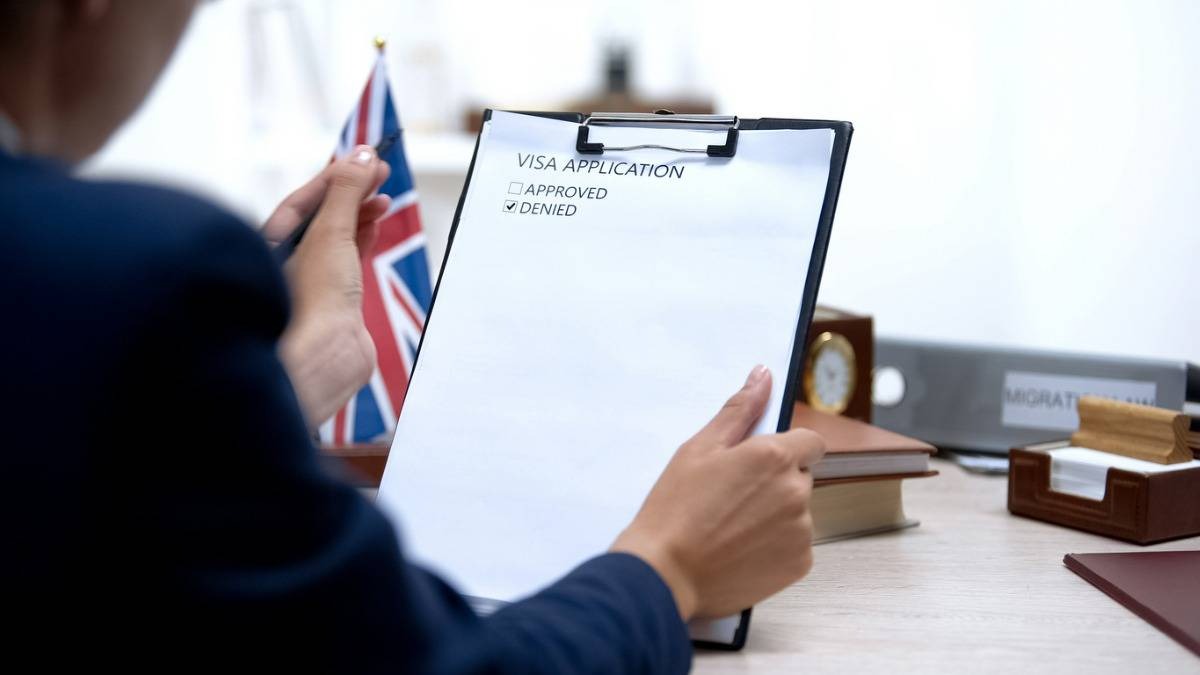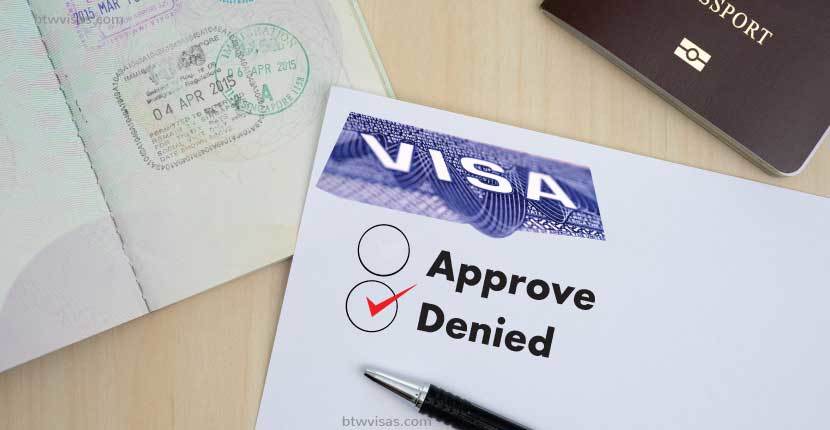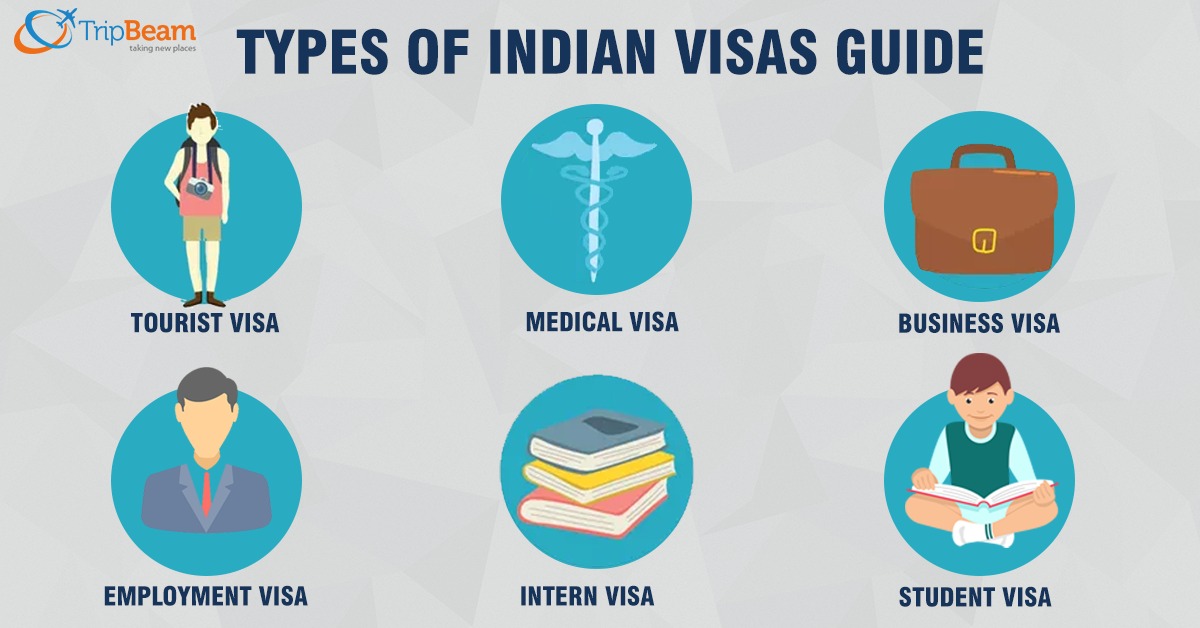The new US visa policy for Bangladeshi citizens announced in May 2023 has sparked intense discussions and debates in Bangladesh and has also attracted international media attention. Although the intention of the policy is clear, questions arise about the procedure for its implementation and its effectiveness in achieving the desired goal of protecting Bangladesh’s democratic institutions and freedom of expression.
Given that the visa policy to some extent follows previous measures, such as sanctions against the country’s elite force and its officials, many are wondering whether tougher measures will follow.
What does the new policy say?

The aim of the new visa policy is to support fair elections in Bangladesh, as well as those who are trying to restore the democratic system. The election is scheduled for January 2024. Under this new policy, the United States will be able to deny visas to those who obstruct the election process in Bangladesh.
It is clearly indicated which measures should be considered as “obstacles” to the electoral process and which ones will be subjected to them. Election manipulation, intimidation of voters, the use of force to prevent people from exercising their right to freedom of association and assembly, and the use of measures to prevent political parties, voters, civil society or the media from spreading their views are listed as acts of obstruction. Those who will be covered by the new policy include current and former Bangladeshi officials, members of pro-government and opposition political parties, as well as members of law enforcement agencies, the judiciary and the security services.
State Department spokesman Matthew Miller and US Assistant Secretary of State for South and Central Asian Affairs Donald Lu made it clear that this policy applies not only to the government and its supporters, but also to the opposition. According to Lu, the restrictions also apply to those who give orders.
Implications

Although the announcement of this policy is not openly addressed to the government, it is a clear rejection of the claim of Bangladeshi Prime Minister Sheikh Hasina that there is an environment in the country that is conducive to free and fair elections. This preventive measure is not a punitive measure, but the wide scope of the policy sends a warning to everyone connected with the electoral process.
The wide scope of the policy shows that Washington is trying to deal impartially with the regime and the opposition, but it also reflects the growing desperation in Washington about governance in Bangladesh.
Will it work?
Bangladesh is not the first country to be subject to US visa restrictions in order to punish those who turned the democratic process upside down. Previously, visa restrictions were imposed on people from Nigeria, Somalia, Uganda, Nicaragua and Belarus for undermining democracy and electoral processes under various laws. In most matters, these measures were adopted after the elections. So far, however, the successes have been limited, which raises the question of whether this will have different effects on Bangladesh.

The adoption of such a measure at least seven months before the elections in Bangladesh is a positive sign, since Washington can take proactive measures to prevent this from happening, rather than taking subsequent measures. In addition, it is unclear how the US Embassy in Dhaka will sort and decide matters to be prosecuted and investigated. A former US diplomat with many years of experience at the US Embassy described this as a “daunting task for [a] handful of staff.”
Despite these challenges, the announcement has an impact on government-related people who want to visit the United States in the future or already have immediate family members who live there. This pressure will undoubtedly be felt among the political and economic elites of Bangladesh.
Looking into the future
U.S. visa restrictions alone will not guarantee free and fair elections or restore democracy in Bangladesh. However, the new policy sends a strong and clear message to both Dhaka and the allies of the United States about how Washington is thinking about the possible course of Bangladeshi politics. In short, it signals the willingness to act. The desired goal of a free and inclusive election and a return to the democratic path requires, on the one hand, more concerted international efforts and, on the other hand, a political commitment of the citizens of Bangladesh, which requires a neutral administration.





